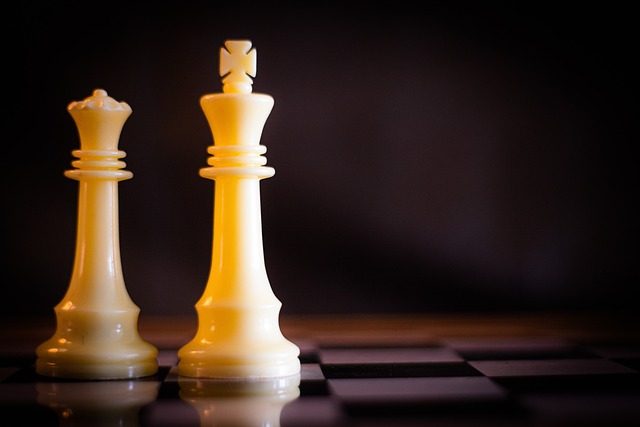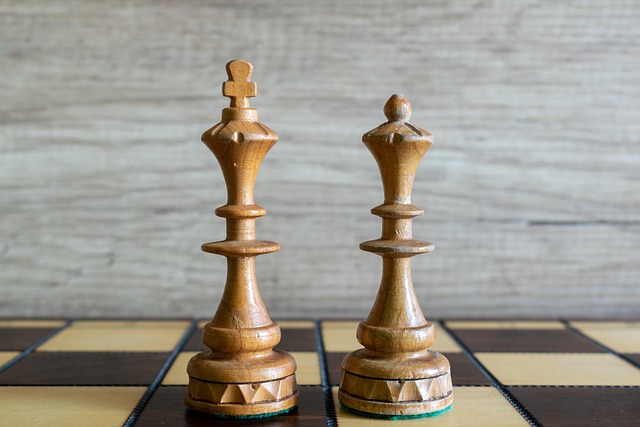In the dynamic realm of eSports, where split-second decisions can lead to monumental victories or devastating losses, one aspect often remains overlooked: game self-criticism. It may sound counterintuitive to some, but the ability to reflect on personal performance not only fosters improvement but also plays a pivotal role in refining overall strategy.
Let’s face it; gaming can be thrilling and intense. As players immerse themselves in virtual worlds, the adrenaline rush often clouds their judgment. After a heated match, it’s easy to blame teammates or unforeseen circumstances for a loss. However, engaging in game self-criticism allows players to confront their own shortcomings. By analyzing gameplay – choices made, mistakes, and missed opportunities – players can gain valuable insights that inform their future strategies.
For instance, when a team suffers a defeat, a comprehensive review of each player’s performance can unveil gaps in tactics or miscommunication during critical moments. In the heat of battle, it’s easy to overlook your own errors, but shining a light on those missteps can lead to actionable strategies. This process not only boosts individual skill but also enhances the synergy within the team. After all, eSports is not just about individual prowess; it’s about how well a team collaborates and adapts under pressure.
Moreover, the culture of self-criticism promotes resilience. In a world where failure is often stigmatized, learning to embrace it through constructive self-assessment can motivate players to push their limits. Each loss becomes a stepping stone rather than a setback. This mindset shift is particularly crucial in eSports, where the landscape is constantly evolving. As new champions emerge and strategies change, the willingness to adapt and critically evaluate one’s game plays a crucial role in long-term success.
Another integral aspect of game self-criticism is its impact on mental fortitude. Competitive gaming requires not only technical skills but also emotional resilience. When players take the time to assess their performance and confront their own weaknesses, they are actively working on self-improvement. This practice leads to a healthier mindset, where players learn to view challenges as opportunities for growth rather than insurmountable obstacles.
Engaging with a community that values self-reflection further enhances this process. Peer reviews, coaching sessions, and even content creation (like streaming or creating YouTube videos) allow players to share insights and experiences. This collaborative approach not only fosters a sense of belonging but also encourages a culture of continuous learning. By discussing strategies and acknowledging flaws as a collective unit, teams can develop a more cohesive approach to gameplay.
Ultimately, game self-criticism is about more than just improving individual skills; it’s about cultivating an environment where accountability and growth are paramount. In the ever-competitive sphere of eSports, where every match counts, the ability to self-criticize can be the differentiator between an average player and a phenomenal one. As you embark on your eSports journey, remember to embrace introspection, learn from your mistakes, and unlock your true potential as both a gamer and a strategist.




